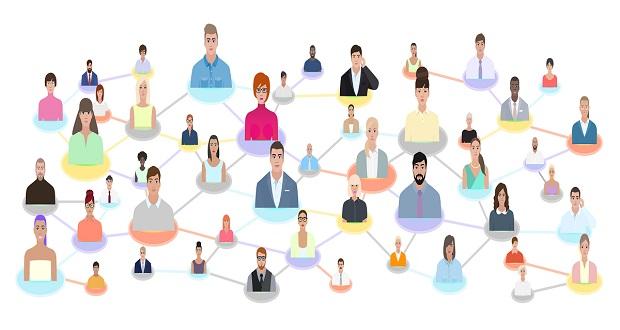 The long awaited decision is in! The highest Court of the land has ruled! The portion of Arizona’s tough immigration law was upheld that requires law enforcement personnel making “legal” stops to demand those “suspected” of being in this country “illegally” to show documentation. While other aspects of the law were struck down, such as parts that would have made it a state crime for illegal immigrants to seek work or fail to carry proper documentation, this new ruling is troublesome on many fronts.
The long awaited decision is in! The highest Court of the land has ruled! The portion of Arizona’s tough immigration law was upheld that requires law enforcement personnel making “legal” stops to demand those “suspected” of being in this country “illegally” to show documentation. While other aspects of the law were struck down, such as parts that would have made it a state crime for illegal immigrants to seek work or fail to carry proper documentation, this new ruling is troublesome on many fronts.
President Obama expressed his concern with the following statement: “No American should ever live under a cloud of suspicion because of what they look like.” And I am sure that he has had firsthand experience in his life with being stereotyped because of “what he looks like”.
I listened to a Latino lawyer on the news share his concern over the law. He said that he was not so worried about being under suspicion during the day because his profession required him to wear a suit and tie to work. However, he was concerned that on weekends, when he chose to wear jeans and drive his truck, his “look” would fit the profile.
It seems to me that regardless of one’s views on immigration policy, this ruling begs many questions.
- If a law enforcement official has stopped someone for some other violation and “suspects” they are not in this country legally, what specific recourse at that moment do they have? The officer would still need a warrant to arrest the individual on these “suspicions”. The ruling by the Supreme Court also said that such individuals could not be unduly detained. Will officials use this as a fear and intimidation tactic? What constitutes undue detention?
- What about racial profiling, which is illegal. How will this law be carried out without any racial profiling?
- What is the definition of “suspected” and how will officers be trained to accurately identify violators? Will it be based on their “gut feel”, perhaps their own inherent biases?
There is a similar well known situation in the Black community that has been dubbed as “driving while Black”. It refers to the disproportionate number of blacks (especially men) who are stopped by police for no valid reason. I was conducting a training session in Ohio in 2002 at a conference facility in a well to do suburb. One of the participants, an African American male, was late for the session and visibly upset when he arrived. Later that morning, he had the opportunity to share with the group that he had been stopped by the police and asked where he was going. Apparently, it was unusual to see black people in that part of town. He was not very productive for the rest of the day.
Recently the controversial NYPD “stop and frisk” policy has been receiving a lot of attention. “Stop and frisk” is a strategy used by the police department in an effort to reduce crime by stopping and searching people they consider “suspicious”. Black and Hispanic young men have made up 85 percent of those stopped; critics have argued that these young men were unfairly targeted by the police. The police department has strongly defended the tactic as helping to bring down crime, saying it is an effective way of getting illegal guns off the streets.
Think about the impact of profiling on innocent law abiding citizens.
- If people live in fear of being challenged because of how they look it can reduce work productivity, increase stress and lead to physical and mental disorders.
- Such practices also take their toll on families. I worry about my 35 year old college professor son all of the time. He is a tall, black man who might fit some zealous officer’s profile. As a matter of fact, during his youth, he had several racial profiling encounters, one when he was a student at Harvard University.
- Living in such fear of being interrogated because of how you look, can limit where you feel comfortable living, socializing or otherwise enjoying the freedoms that this country is supposed to afford its residents.
Help me to understand how this law can be carried without racial/ethnic profiling? Without putting hundreds of thousands of people, already citizens, in fear of living in their own country, the land of the free and the home of the brave?
This post was written by Mary-Frances Winters, President and Founder of The Winters Group, Inc.

















